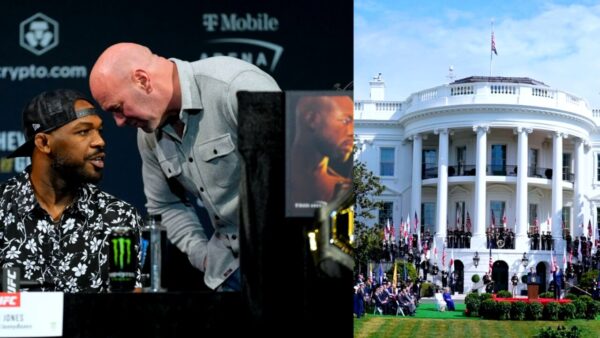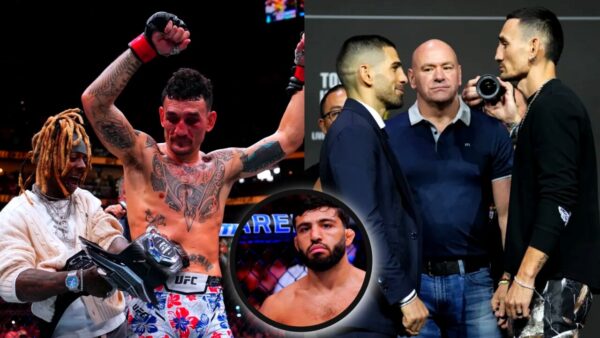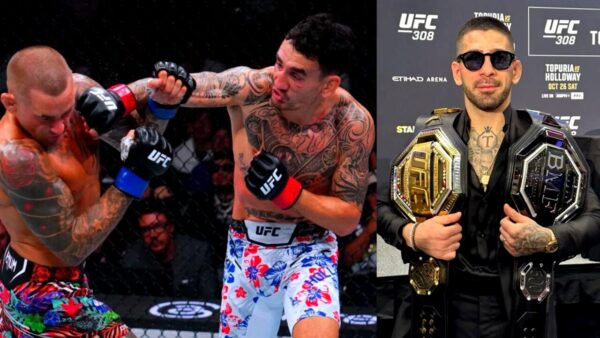TKO Group Holdings shares gains 6 points after $335 million settlement to close out UFC anti-trust lawsuit
TKO Group Holdings shares rise after settling the anti-trust lawsuit.
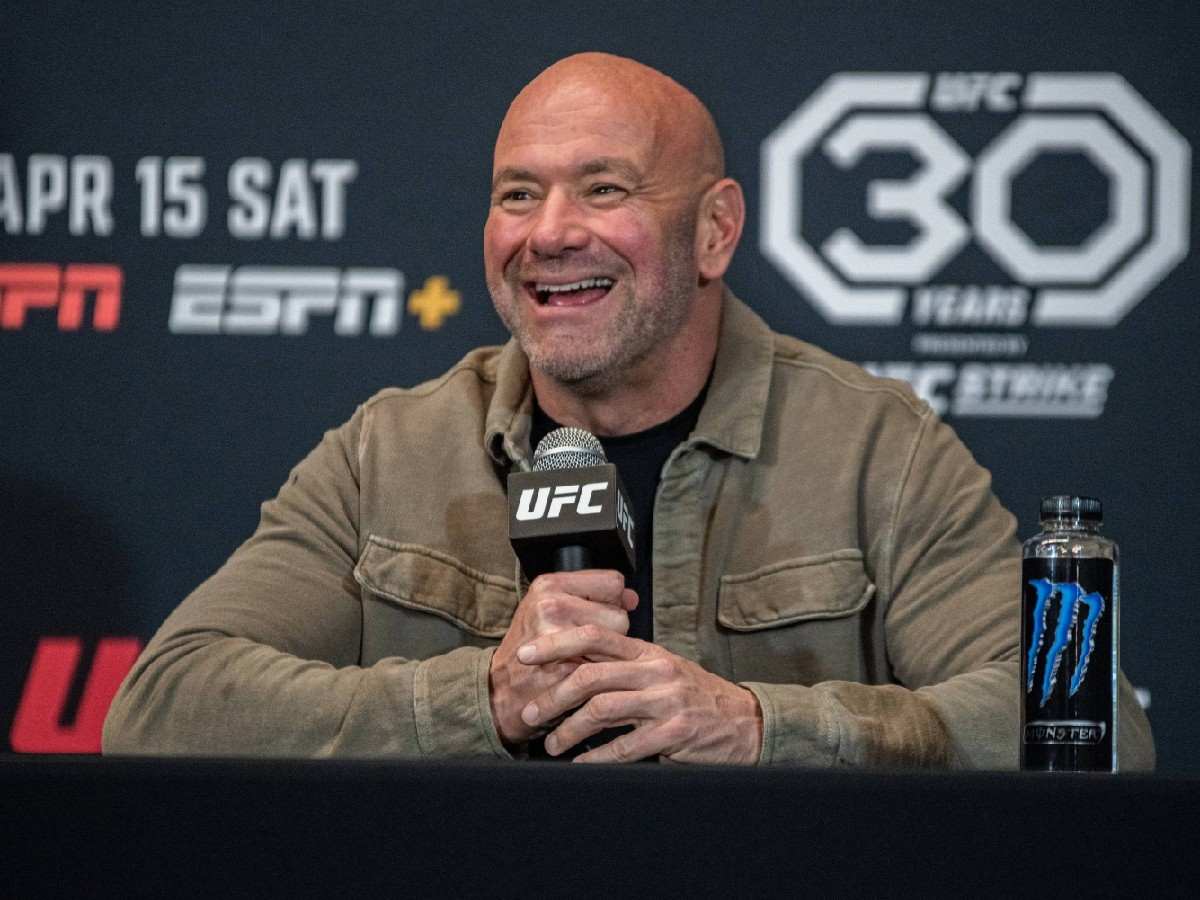
TKO Group Holdings see a substantial rise after settling the anti trust lawsuit for $335 million (via Imago)
🔍 Explore this post with:
An anti-trust lawsuit has hit the UFC (Ultimate Fighting Championship) for some time now. To avoid the proceedings to go on trial, the UFC reached a $335 million settlement to resolve two class-action antitrust lawsuits involving former UFC fighters. The UFC’s parent company, TKO Group Holdings, saw a significant boost in its stock price following the settlement.
TKO Group Holdings’ shares jumped by an impressive 5% within 20 minutes of the settlement disclosure to the SEC. It ultimately closed the trading day with an approximately 8% gain. This positive market reaction underscored the investors’ relief at the resolution of these high-stakes lawsuits. The lawsuits initially carried potential damages estimated at a staggering $1.6 billion.
The $335 million settlement seems like a big amount. But it’s a positive result for TKO Group Holdings and the UFC. This ended many years of legal battles and uncertainty. Former UFC fighters sued the promotion for unfair business practices. They claimed UFC limited fighter pay by acting anti-competitively and controlling things.
The details of the settlement distribution remain unknown. However, UFC’s dominance in mixed martial arts remains secure. It will remain the unchallenged industry leader. Some hoped these lawsuits would create more competition and fairness. Instead, the settlement maintains UFC’s giant status in MMA promotion.
What was the anti-trust case against the UFC?
The anti-trust legal case against UFC carried big stakes. Outcomes would influence global sports entertainment’s destiny. At the core, the issue revolved around the monopoly of the UFC that helped them restrict fighter pay.
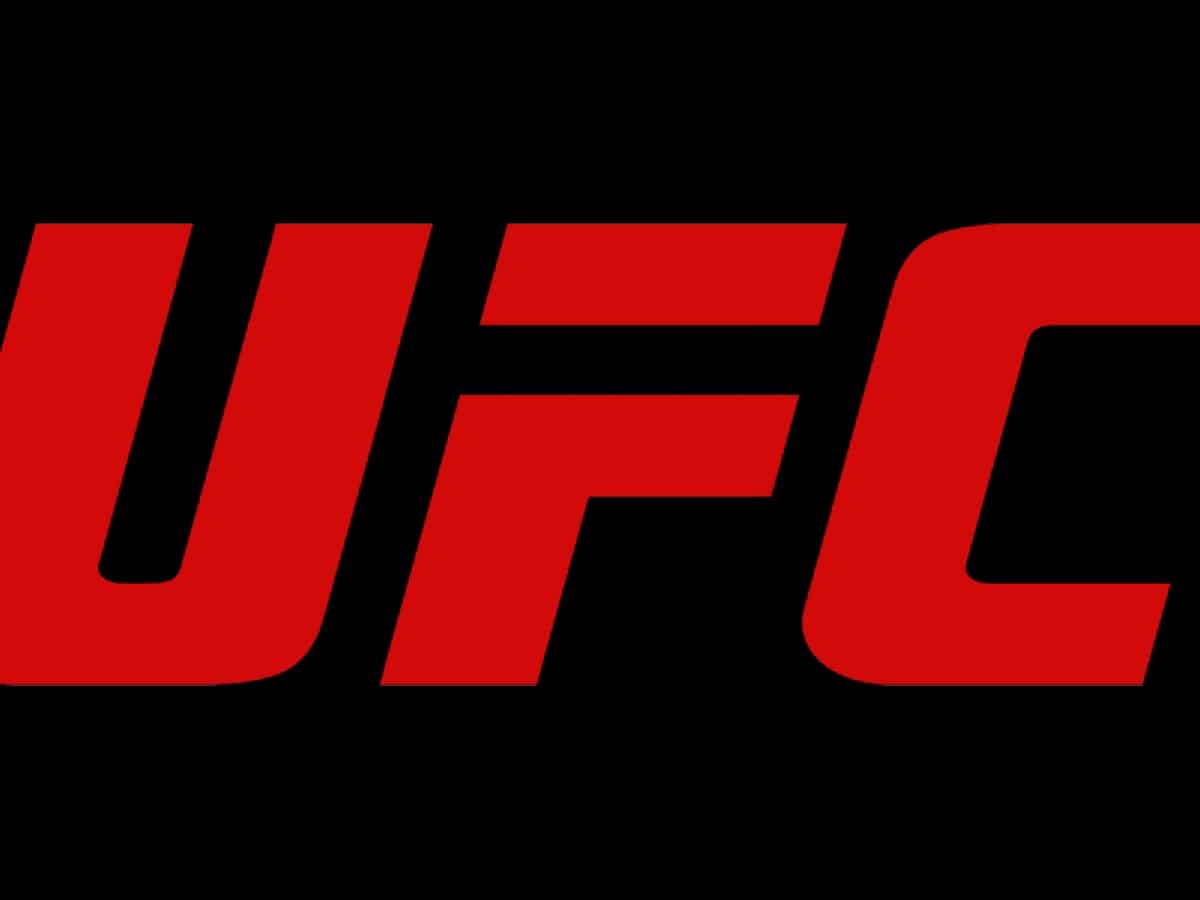
A $1.6 billion class action lawsuit was granted permission to proceed by a federal court. This encompassed about 1,200 former UFC fighters between 2010 and 2017. The plaintiffs claimed that UFC employed strategies that reduced their pay. These included tactics such as limiting fighter contract restrictions that prevented them from accepting offers from other employers and preventing competitor MMA organizers from hiring top talent.
The core debate centered on whether UFC wielded dominance to limit fighter choices, stifling income potential. The plaintiffs contended that the UFC’s practices allowed it to pay athletes below market value. They alleged that fighters received only around 20% of gross event revenues. They compared it to around 50% in major leagues like the NBA and NFL.
The UFC countered that it has expanded opportunities for MMA fighters. This was by investing heavily in professionalizing the sport and lobbying for legalization in various states. The case had significant implications for the future of athlete compensation and contractual arrangements across various sports. It was finally settled for $335 million.
In case you missed it:
- Dillon Danis makes SHOCKING MMA return admission during the New York premiere of Conor McGregor’s Road House
- Rose Namajunas will not have legendary MMA coach in corner for Amanda Ribas bout at UFC Vegas 89

